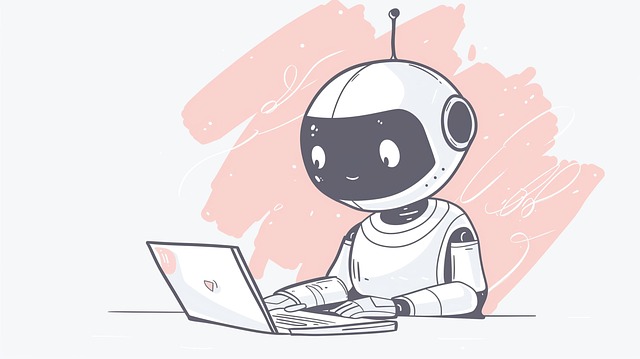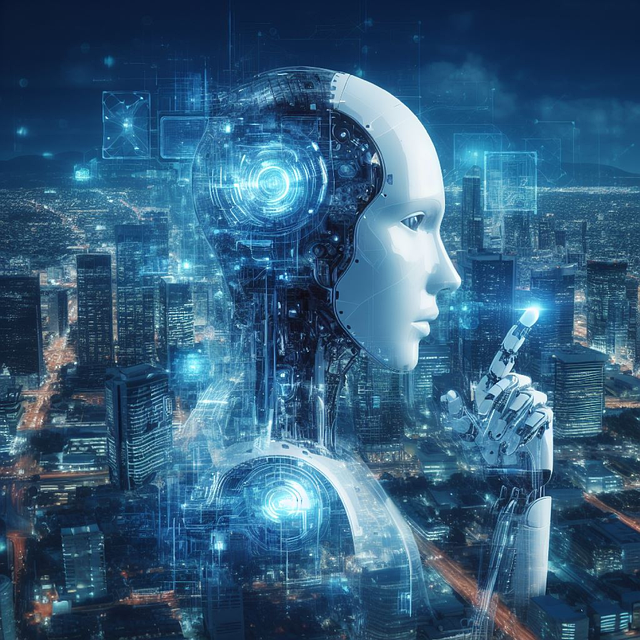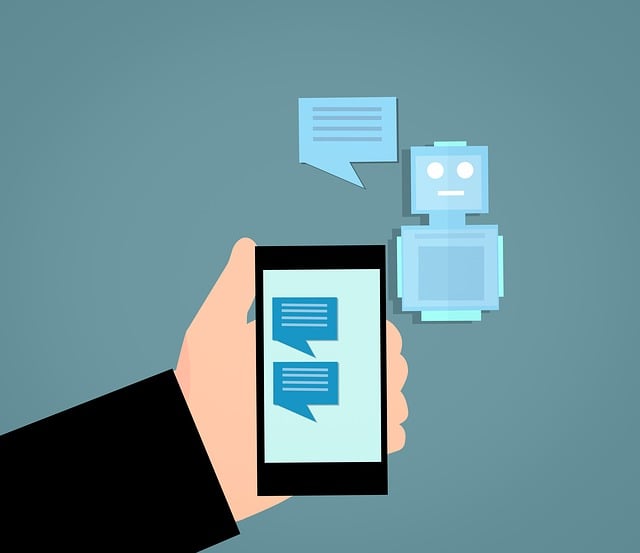AI-powered ochatbots transform interactions by offering natural, context-aware conversations 24/7 through NLP and machine learning. These bots learn from user interactions, providing accurate responses and personalized recommendations across diverse sectors like customer service, content generation, and decision-making. While presenting advantages such as improved efficiency and data collection, ochatbot implementation faces challenges like initial costs, accuracy, and ethical considerations. The future holds immense potential for ochatbots, promising applications in mental health, education, and beyond, with ongoing advancements in NLP and ML, but requires careful navigation of ethical issues for user trust.
“Discover the revolutionary world of Ochatbots: intelligent AI chatbots reshaping customer service. This comprehensive guide offers an in-depth look at these conversational agents, their technology, and impact. From understanding the fundamentals of AI chatbots to exploring their transformative effects on industries, we dissect the benefits and challenges of implementation.
Get ready to delve into the future prospects and ethical considerations surrounding Ochatbots, unveiling their potential to enhance user experiences while navigating potential hurdles.”
- Understanding AI Chatbots: A Comprehensive Overview
- How Ochatbots Are Transforming Customer Service
- The Technology Behind These Conversational Agents
- Benefits and Challenges of Implementing Ochatbots
- Future Prospects and Ethical Considerations
Understanding AI Chatbots: A Comprehensive Overview

AI chatbots, or ochatbots, have transformed the way we interact with technology, offering a seamless and natural conversational experience. These advanced tools leverage artificial intelligence, specifically Natural Language Processing (NLP), to understand and respond to user queries in real time. Unlike traditional chatbots that follow predefined rules, AI chatbots can learn from interactions, adapt to context, and provide more accurate and nuanced responses over time.
They are designed to mimic human-like conversations, making them versatile for various applications. From customer service and support to personalized assistants and content generation, ochatbots enhance user experiences by offering 24/7 availability, instant answers, and tailored recommendations. Their ability to process vast amounts of data enables informed decision-making, making them invaluable assets for businesses and individuals alike.
How Ochatbots Are Transforming Customer Service

AI-powered chatbots, or ochatbots, are revolutionizing customer service across industries. These sophisticated tools can handle a wide range of customer inquiries and tasks 24/7, from answering frequently asked questions to assisting with product purchases and returns. By automating these processes, businesses can significantly reduce response times and provide around-the-clock support, enhancing customer satisfaction and loyalty.
Moreover, ochatbots are capable of learning and evolving over time. They utilize machine learning algorithms to analyze conversations, improve their understanding of customer needs, and deliver more accurate and personalized responses. This adaptability allows them to integrate seamlessly into existing customer service ecosystems, providing a seamless and efficient experience for everyone involved.
The Technology Behind These Conversational Agents

AI chatbots, or ochatbots, are powered by advanced natural language processing (NLP) and machine learning algorithms. These technologies enable machines to understand, interpret, and generate human-like text based on user inputs. NLP allows the chatbot to analyze and process the context of a conversation, extract key information, and respond accordingly. Machine learning further enhances these capabilities by allowing the chatbot to learn from each interaction, improving its responses over time.
At the heart of these conversational agents is a complex interplay between deep neural networks, transformer models, and vast datasets. Deep learning algorithms enable the chatbot to recognize patterns in language and make predictions about future inputs. Transformer architectures, like those used in BERT and GPT models, excel at understanding context and generating coherent text. These technologies collectively contribute to creating engaging, dynamic, and intelligent interactions between users and ochatbots.
Benefits and Challenges of Implementing Ochatbots

Implementing AI chatbots, or ochatbots, offers a plethora of benefits for businesses and organizations. These virtual assistants can handle customer inquiries 24/7, providing instant responses and improving user satisfaction. They can also collect valuable data, analyze trends, and offer personalized recommendations, helping companies make informed decisions and enhance their services. By automating routine tasks, ochatbots free up human resources to focus on more complex work, thereby increasing overall operational efficiency.
Despite these advantages, there are challenges associated with deploying AI chatbots. One major concern is the initial development cost; creating sophisticated ochatbots requires advanced programming and training on vast datasets. Additionally, maintaining accuracy and avoiding biased responses can be difficult, as chatbots learn from human interactions. User expectations also pose a challenge; ensuring that the chatbot provides relevant and satisfying answers while adhering to ethical guidelines is essential for positive user experiences.
Future Prospects and Ethical Considerations

The future prospects of AI chatbots are vast and promising, with potential applications across numerous sectors. As technology advances, we can expect to see more sophisticated ochatbots capable of understanding complex human emotions and nuances in conversation. This will enable them to provide personalized and empathetic support in areas like mental health, customer service, and education. Advanced natural language processing (NLP) and machine learning algorithms will also enhance their ability to generate human-like responses, making interactions feel more natural and engaging.
However, amidst this excitement, it’s crucial to address ethical considerations surrounding AI chatbots. Privacy and data security are paramount, as these systems rely on vast amounts of user data to learn and improve. Ensuring transparency in how data is collected, stored, and used is essential for maintaining user trust. Additionally, there’s a need to guard against bias in chatbot training data, which could lead to discriminatory or inappropriate responses. As AI chatbots integrate into our daily lives, careful navigation of these ethical challenges will be vital to ensure their responsible development and deployment.
AI chatbots, or ochatbots, are revolutionizing customer service and transforming the way businesses interact with their clients. As we’ve explored, these conversational agents leverage advanced natural language processing (NLP) technology to provide efficient, 24/7 support. Implementing ochatbots offers numerous benefits, including cost reduction, improved customer satisfaction, and data-driven insights. However, challenges such as maintaining accuracy, addressing ethical concerns, and ensuring user privacy must be carefully navigated. Looking ahead, the future of AI chatbots promises even more sophisticated interactions, with ongoing advancements in machine learning and contextual understanding. By embracing these innovations responsibly, businesses can harness the full potential of ochatbots to create engaging, personalized experiences for their customers.
